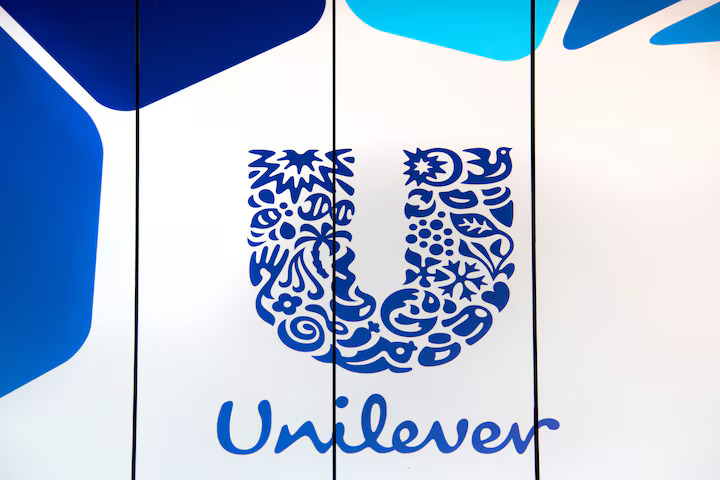LONDON -- Unilever may struggle to attract buyers for its plant-based meat business, complicating the company's plan to cut its exposure to products which are falling out of favor with consumers, industry experts said.
Unilever had hoped to emulate the success of industry leaders Beyond Meat and Impossible Foods, which had dominated the $17 billion meat alternatives market after being founded in 2009 and 2011 respectively.
Brands like Unilever's Vegetarian Butcher and Nestle's Garden Gourmet sought to replicate the taste and texture of real meat using plant-based ingredients like beans. They appealed to consumers seeking a healthier alternative to meat and more environmentally friendly products.
But a broader trend among consumers to switch to fresh rather than processed produce has hit their popularity over the past two years. U.S. Health Secretary Robert F. Kennedy Jr. has been critical of plant-based meat products, describing them as "ultra-processed".
The shift in consumer taste has prompted Unilever to plan a sale of The Vegetarian Butcher, a brand it bought in 2018, according to two sources with knowledge of the deal. But it may struggle to fetch an attractive price, according to two other financial advisers to the food industry.
The brand generates only around 50 million euros in annual sales and is loss-making, one consumer sector banker said.
The business may appeal to trade buyers including meat producers looking to diversify into plant-based alternatives, another banker said.
Unilever declined to comment on the future of the business or on any sale process including a likely valuation.
Both Unilever and Nestle are planning to slim down and focus on fewer and more profitable brands.
"Nestle and Unilever were expecting these brands to quickly become multi-billion-dollar businesses, and that has not been the case," said Laurent Vermer, a partner at Next Food Capital, a Kharis Capital fund, referring to the plant-based meat brands.
Unilever had previously backed The Vegetarian Butcher brand, opening a "Vegan Butchery" deli shop in Rotterdam in 2023, and striking deals with Burger King and Subway.
Rival Nestle is also in a similar bind. Its new Chief Executive Officer Laurent Freixe said last November that the company had placed an excessive focus on plant-based meat only to find the market was not as big as it initially thought.
A Nestle spokesperson said the company reduced its plant-based Sweet Earth offerings and now only sells bowls such as General Tso's tofu and bulgogi. Sweet Earth previously sold plant-based chicken strips and bacon.
Valuations decline
Total sales in the key U.S. market for meat and seafood substitutes declined to $1.6 billion in 2023 from $1.7 billion in the previous year, according to data firm Euromonitor International. Euromonitor projects sales will erode further between now and 2026.
"The perception that these products are 'ultra-processed' and may not be as healthy or nutritious as they appear has been a contributing factor (to the market's decline)," said Vontobel analyst Jean-Philippe Bertschy.
At the height of their popularity, stock market average valuation multiples for plant-based food brands had reached between five and ten times their annual revenues. They have since dropped to an average of one to three times, said John Spayne, founding partner and chair of Spayne Lindsay & Co, a consumer-focused financial advisory firm.
Beyond Meat's enterprise value, which takes into account the company's debt, is currently about four times its annual sales, according to LSEG data.
Privately-owned Impossible Foods had considered raising new funds, potentially through a public offering, its CEO said last year. But it would now face a tougher market environment, industry experts say.
"The days of high valuation multiples are long gone, though the underlying consumer trend towards alternative meat and dairy proteins continues," Spayne said.
Plant-based meat makers have struggled with their pricing relative to animal protein products.
Beyond Meat trimmed the top end of its annual revenue forecast in November, as cost-conscious consumers switched to cheaper alternatives.
Some investors say that meat alternatives will not reach their full potential until the price of animal meat goes up.
"(Animal) meat is way too cheap," said Arild Skedsmo, a senior portfolio manager at Norway's biggest pension fund KLP.
"The cost of production is not reflected in the price of the end product," he added. "That's the real issue."
($1 = 0.9459 euros)





















































